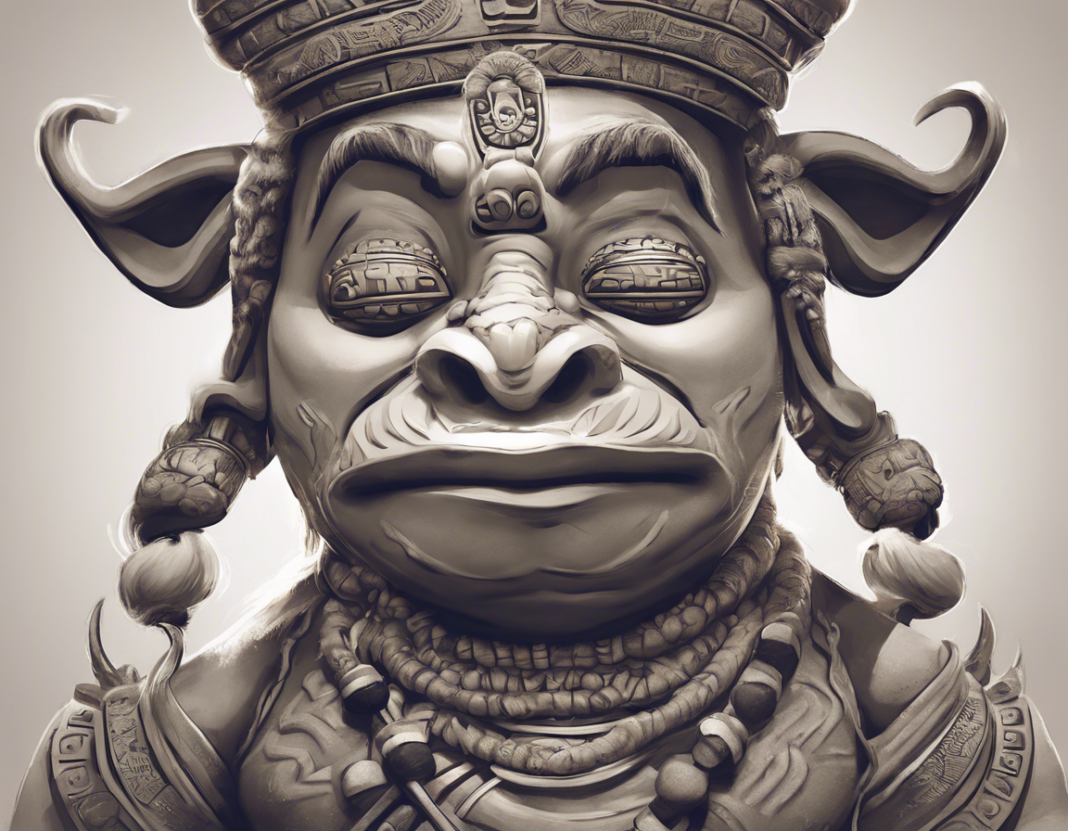Introduction
The critically acclaimed Indian film Gandu sparked conversations and controversies upon its release. Directed by Qaushiq Mukherjee, also known as Q, the film delves into the life of the titular character, Gandu. The raw and gritty portrayal of the protagonist’s struggles, fantasies, and rebellious nature captivated audiences worldwide.
The Characters
Gandu:
Gandu, played by Anubrata Basu, is a young man living in Kolkata. He escapes from the harsh realities of his life by immersing himself in rap music and his imagination. The character’s complex emotions and uninhibited actions drive the narrative forward.
Ricksha:
Ricksha, portrayed by Joyraj Bhattacharjee, is Gandu’s best friend and a rickshaw puller. Their friendship forms a central part of the storyline, showcasing loyalty and the shared desire to break free from societal constraints.
The Lover:
Gandu’s unnamed love interest, played by Rii Sen, adds a layer of sensuality and mystique to the film. The unconventional relationship between Gandu and his lover challenges traditional notions of romance and intimacy.
The Mother:
Gandu’s mother, essayed by Kamalika Banerjee, represents the stifling grip of familial expectations and responsibilities. Her presence underscores the generational conflicts and the struggle for independence.
The Themes
Sexuality and Identity:
Gandu boldly explores themes of sexuality and identity, depicting the characters’ desires and struggles with unabashed honesty. The film challenges societal norms and taboos, pushing boundaries in its portrayal of human intimacy.
Music and Rebellion:
The pulsating soundtrack of Gandu serves as a character in itself, driving the narrative and reflecting Gandu’s rebellious spirit. The fusion of rap music with the protagonist’s inner turmoil creates a unique sensory experience for the audience.
Dreams and Reality:
The blurring of dreams and reality in Gandu adds a surreal quality to the narrative, inviting viewers to question the nature of existence and perception. Gandu’s fantasies and escapades serve as a cathartic release from his mundane existence.
Visual Aesthetics:
Q’s innovative use of black-and-white cinematography and unconventional camerawork imbues Gandu with a raw and visceral visual style. The juxtaposition of gritty urban landscapes with intimate close-ups creates a striking visual contrast.
Controversies and Impact
Gandu garnered attention for its explicit content, including scenes of nudity and drug use. The film’s unapologetic portrayal of taboo subjects sparked debates on censorship and artistic freedom in Indian cinema. Despite the controversies, Gandu received critical acclaim for its bold storytelling and artistic vision.
Conclusion
By delving into the lives of its compelling characters and pushing the boundaries of cinematic storytelling, Gandu remains a provocative and thought-provoking film that challenges conventions and invites viewers to confront uncomfortable truths. Q’s directorial vision, coupled with standout performances from the cast, cements Gandu as a landmark in Indian independent cinema.
FAQs
-
Is Gandu a mainstream Bollywood film?
Gandu is not a mainstream Bollywood film. It belongs to the genre of independent cinema, known for its experimental storytelling and unconventional themes. -
What is the significance of the film’s title, Gandu?
The title Gandu translates to “asshole” in Hindi. It reflects the gritty and rebellious nature of the protagonist and sets the tone for the film’s bold exploration of taboo subjects. -
How was the film Gandu received by critics?
Gandu received mixed reviews from critics, with some praising its boldness and aesthetic qualities, while others criticized its explicit content and provocative themes. -
What impact did Gandu have on Indian cinema?
Gandu challenged traditional notions of storytelling and censorship in Indian cinema, paving the way for more independent filmmakers to explore unconventional themes and styles. -
Are there any similar films to Gandu in terms of style and content?
Films like Sexy Durga, S Durga, and Miss Lovely share thematic and stylistic similarities with Gandu, exploring taboo subjects and pushing the boundaries of cinematic storytelling. -
What cultural influences shape the narrative of Gandu?
Gandu draws inspiration from Kolkata’s underground music scene, rap culture, and the city’s vibrant street life. These influences infuse the film with a sense of authenticity and realism. -
How did the actors prepare for their roles in Gandu?
The actors in Gandu underwent rigorous training and rehearsals to embody their characters authentically. Anubrata Basu, in particular, immersed himself in rap music to bring credibility to his portrayal of Gandu. -
What challenges did the director Q face during the making of Gandu?
Q faced challenges in terms of funding, censorship, and finding a platform for the film’s distribution due to its controversial content. Despite these obstacles, he persevered to bring his vision to life. -
What message does Gandu aim to convey to its audience?
Gandu challenges societal norms, stereotypes, and conventions, urging viewers to question their beliefs and perceptions. The film advocates for individual freedom and self-expression in the face of oppressive forces. -
How can viewers engage with the themes of Gandu on a deeper level?
Viewers can engage with the themes of Gandu by exploring critical analyses, participating in discussions, and reflecting on the film’s messages in relation to their own experiences and beliefs.
